If my task change some property and when execute it twice incremental build can not be accomplished. And every time this task has to be executed again. Can I use upToDateWhen() method to do some check for the property?
Is there some purpose that property can not be declared as task output?
The image is from: (Muschko, Benjamin. "Hooking into the Build Lifecycle." Gradle in Action. N.p.: n.p., 2014)